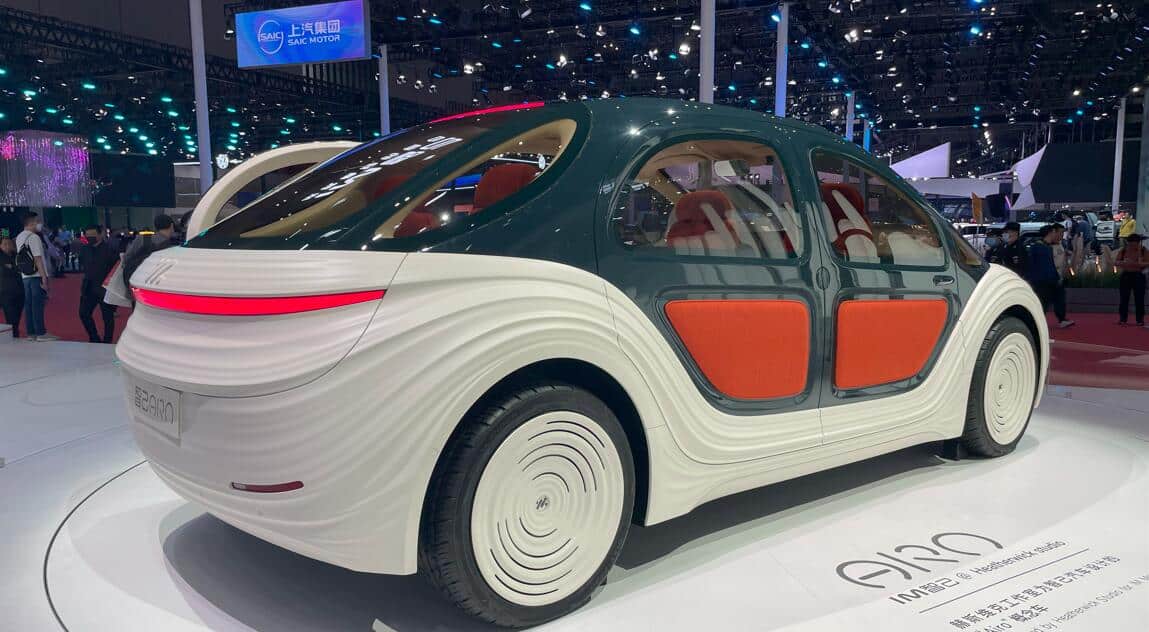In the first two weeks of July, China's NEV penetration at retail stood at 38.9 percent, with year-to-date penetration at 32.8 percent.
(Image credit: CnEVPost)
China's new energy vehicle (NEV) sales were weak in the first half of July, as the overall auto market faced challenges.
From July 1 to July 16, China's retail sales of passenger NEVs were 267,000 units, up 7 percent year-on-year but down 3 percent from the same period last month, according to data released yesterday by the China Passenger Car Association (CPCA).
So far this year, China's retail sales of passenger NEVs stood at 3.354 million units, up 34 percent from a year earlier.
From July 1 to July 16, wholesale sales of passenger NEVs in China were 272,000 units, down 7 percent year-on-year and up 4 percent from the same period in June, according to the CPCA.
Wholesale sales of passenger NEVs so far this year were 3.816 million units, up 38 percent year-on-year.
Between July 1 and 16, retail sales of all passenger cars in China were 686,000 units, flat from the same period last year and 4 percent lower than the same period last month, the CPCA said.
So far this year, cumulative retail sales of passenger cars in China were 10.21 million units, up 3 percent from a year earlier.
This means that in the first two weeks of July, China's penetration of NEVs at retail was 38.9 percent, and year-to-date penetration was 32.8 percent.
In the first week of July -- from July 1 to July 9 -- China's average daily passenger car retail sales were 36,825 units, down 7 percent from a year earlier and 2 percent lower than the same period last month.
In the second week of July -- July 10 to 16, average daily retail sales of passenger cars were 506,040 units, up 7 percent from a year ago and down 5 percent from the same period in June.
In July last year, China's auto market was bolstered by purchase tax breaks, but not this year, so a year-on-year decline at the beginning of the month is normal, the CPCA said.
In the second half of last year, China halved the purchase tax on major fuel vehicles, a policy that was not renewed after it expired at the end of last year.
NEVs are still exempt from the purchase tax, although the state subsidy was not renewed after it expired last year.
Auto sales in the second week of July were higher than expected, reflecting the resilience of auto consumption, with promotions playing a role, the CPCA said.
